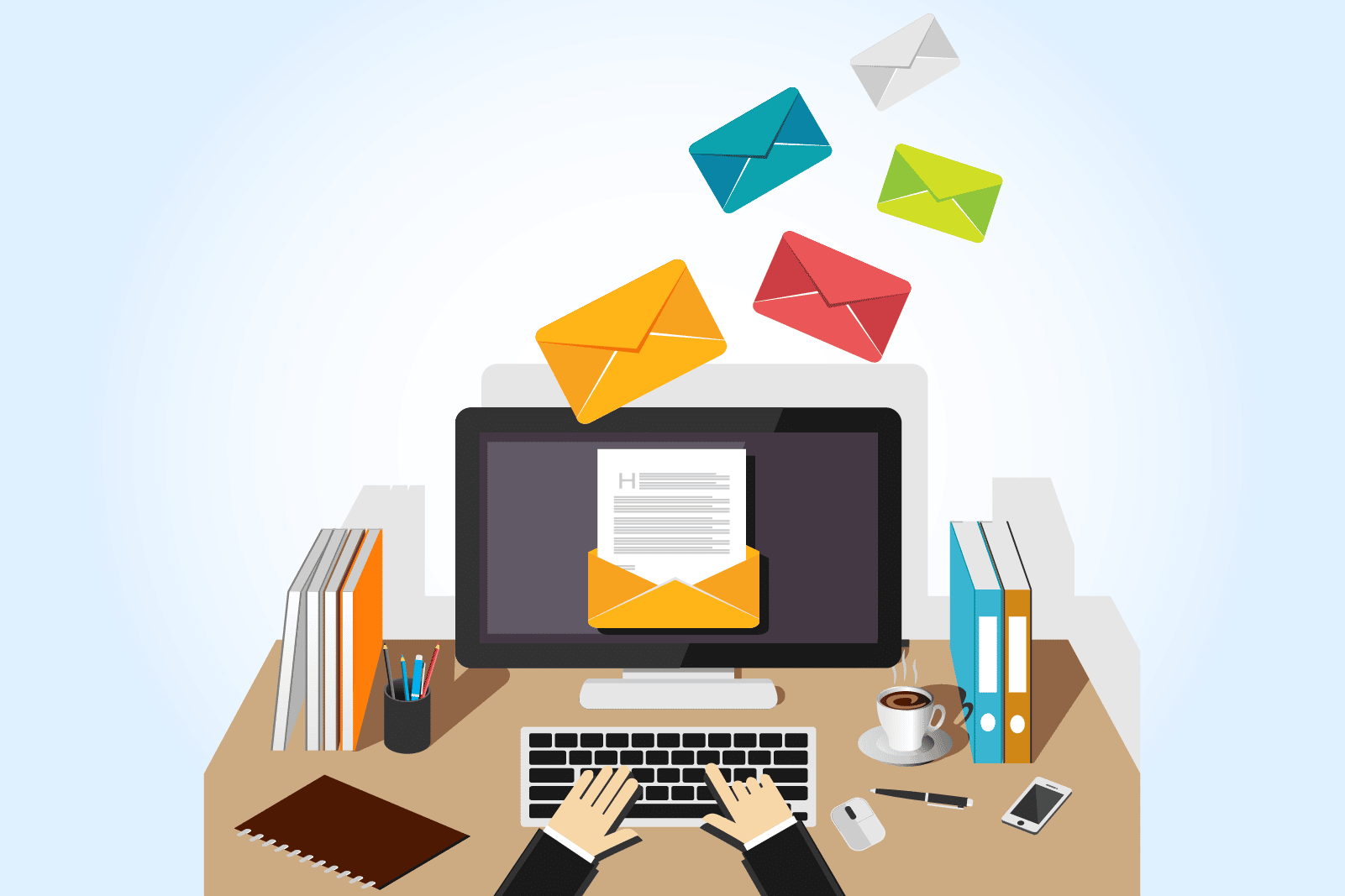We run our business through emails.
Email remains a central and popular communication tool in business. From booking appointments, passing bills, exchanging contracts and even communicating with Insurance companies – all of these are sent through email. A lot of this information contains personal and confidential information. However, unlike instant messaging services that have grown to be popular for personal communications, the issue of privacy for emails is still behind.
We all believe that privacy matters when it comes to our online safety and freedom, and therefore it should equally extend to emails.
But why is there a lag in making emails private?
The architecture of emails has not changed much since 1971. The protocols used in emails mean that everyone can email anyone, no matter which service you use. However, this makes emails non-private. It is due to this protocol, that makes it is difficult to encrypt emails easily as compared to instant messaging services such as WhatsApp or Telegram.
Though there are encryption services out there designed to lock email content, the majority of emails are not encrypted. The reality is that no matter which service you use, email traffic can be copied, and scanned. Though hackers do not actually read emails, they can pick out important ones by simply scanning emails for keywords such as “Credit card”, “IBAN” or “Bank details”.
Once this information is found, hackers can use it to commit fraud or identity theft. There are a number of ways that valuable information can be extracted from emails. That is why it’s important to look at putting privacy on emails. Let’s look at the reasons why you should for your business.
Why Email Privacy Matters To Your Business
By not putting protocols in place for your emails, you are essentially putting your business at risk. Regardless of whether you are dealing with sensitive financial data or other information, data breaches and leaks have a severe impact on your business.
Here are examples of the risks you are putting your business at:
1. Phishing Attacks: Over the years, phishing tactics have become sophisticated. Phishing is when a cybercriminal sends out an email pretending to be from a legitimate company. The email will contain a malicious link or attachment in hope of the victim opening it and falling for the trick. If you click on the link, it will often redirect you to a fake login page, or download attachments which will often contain malware.
2. Targeted Attacks: These types of attacks are often used when hackers want to force a person into giving away sensitive information by pretending to be someone that you might trust. These attacks are used against businesses to get access to valuable information such as internal documents, or customer databases, or even make bank transfers. Though similar to phishing attacks, these are often personalised to certain employees.
CEO Fraud is one of these targeted attacks. It’s when an employee receives an email from the CEO or someone in a higher position instructing them to make a payment or share some information. The employee would naturally fall for this attack, given that it would be signed off by the senior position.
3. Identity theft: This is a malicious attack using personally identifiable information such as a name, address, and bank or credit details to assume an identity to commit fraud and other criminal acts.
4. Compliance: Since 2018 with the new General Data Protection Regulation coming into effect, many other countries have started to look at their data protection laws. Data protection laws now require or recommend businesses to look at encrypting emails to remain compliant. Even if you do not suffer from a data breach, ignoring these recommendations could mean you face repercussions for being non-compliant.
How can you keep business emails private?
To truly stay in control of your business emails, you need to keep them private. The only way to keep emails private is to encrypt them. Only when emails are encrypted, no third-party services, including the email service providers themselves can actually read your emails.
On the plus side, there are solutions out there, such as Siccura that are designed to keep your emails, private, secure and in your control. Siccura Mail is the ultimate solution for data security and control of your emails.
Simply put, you create your emails, you continue to use the same email providers, we secure it and put you in control, help you track 24/7 and mitigate risks and avoid damage to your business.
